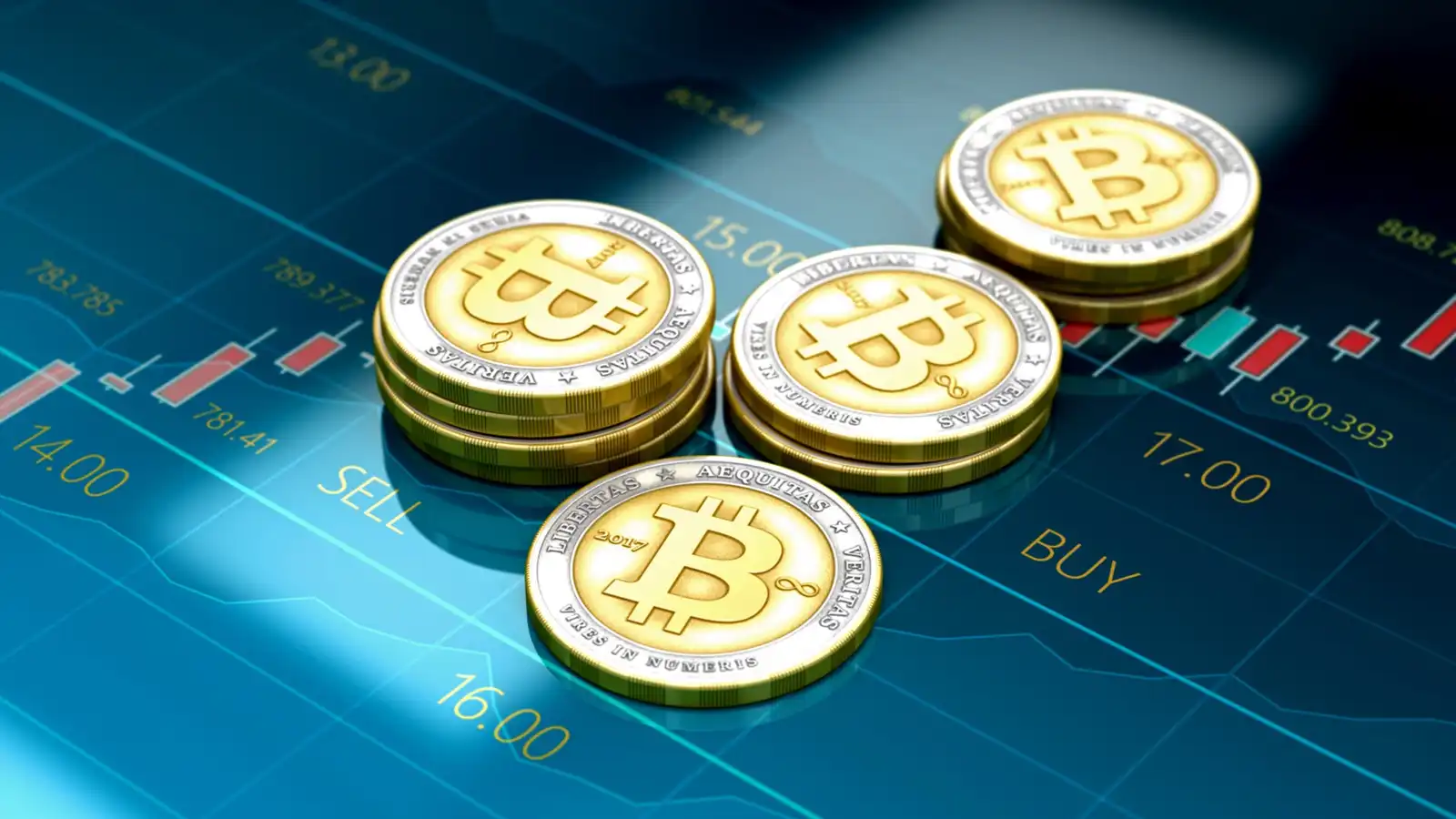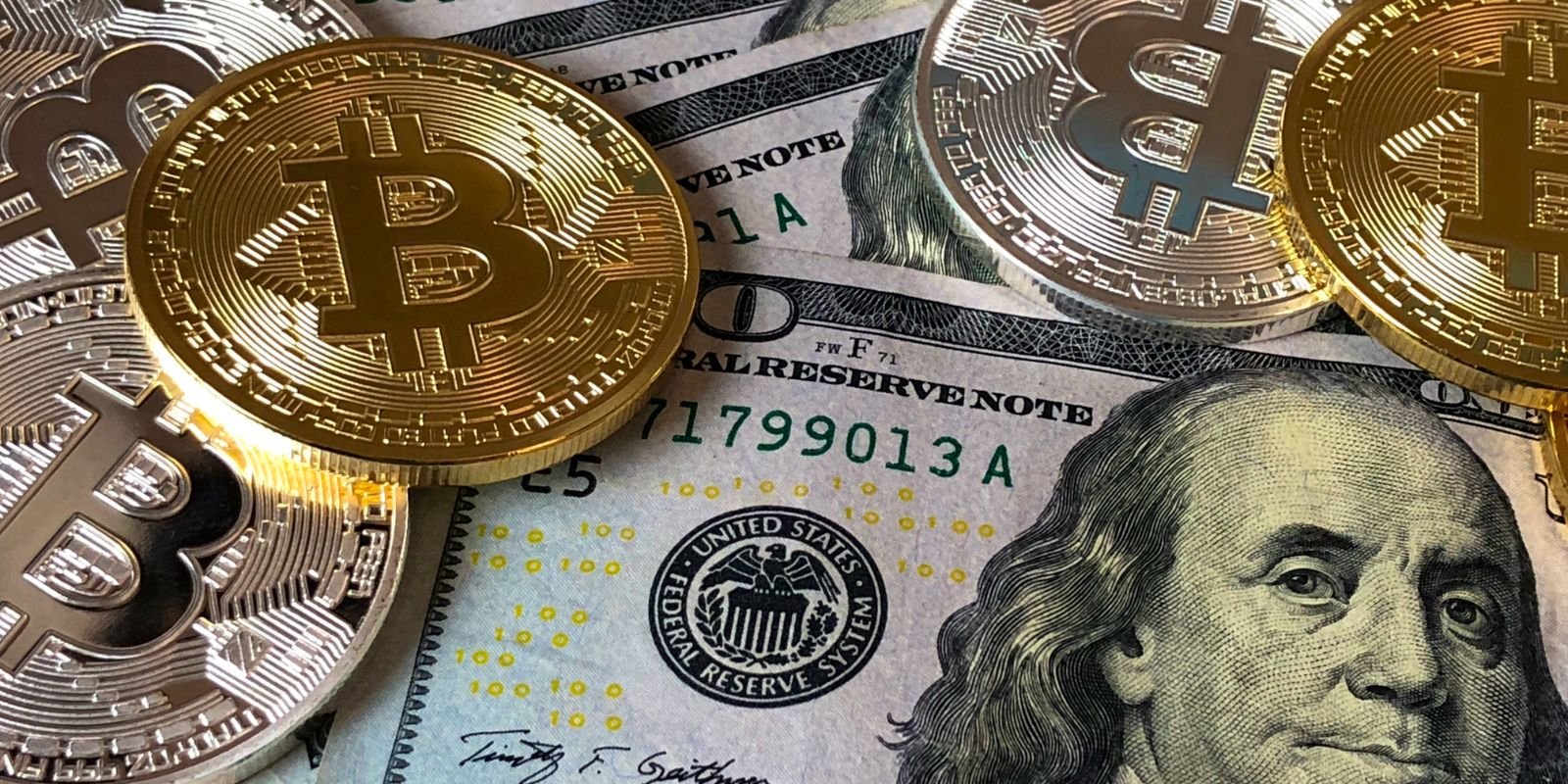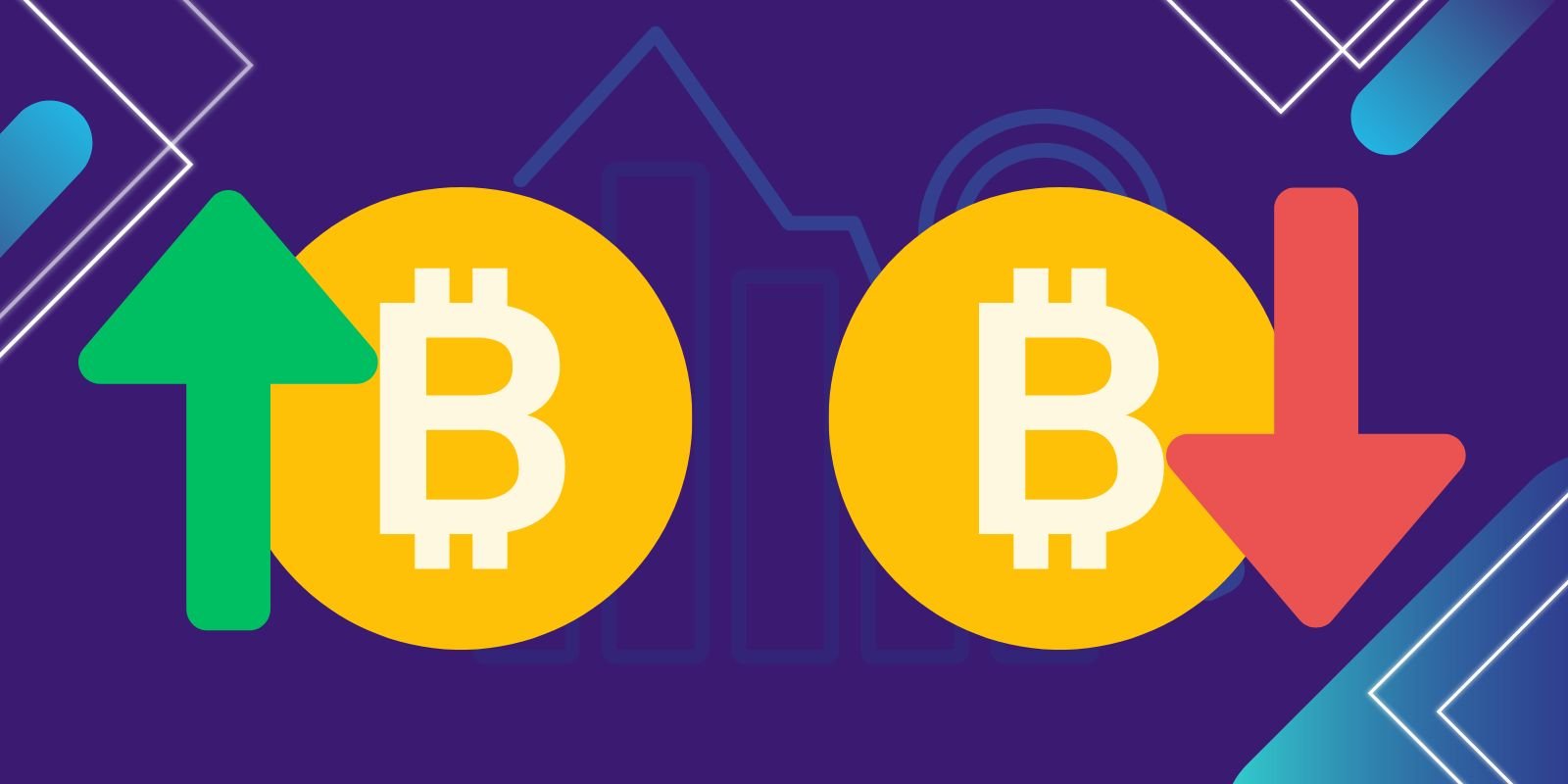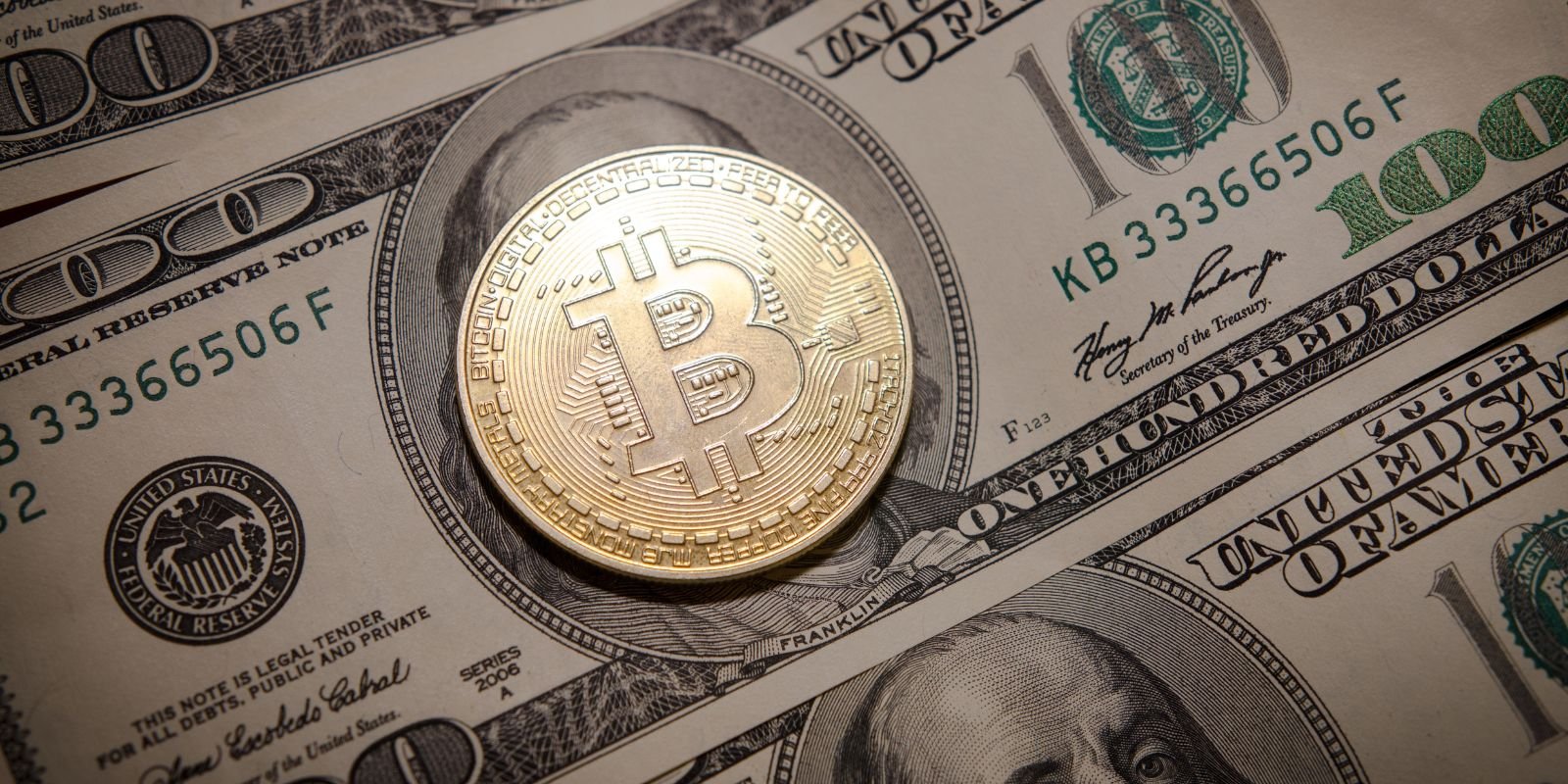Bitcoin is a digital currency that has gained a lot of attention in recent years. It is a decentralized currency that is not controlled by any government or financial institution. Trading Bitcoin can be a profitable venture, but it is important to understand the risks involved and how to trade it safely. Bitcoin, the world’s first decentralized digital currency, has taken the financial world by storm. Trading Bitcoin involves buying and selling it at its current market value
What Is Bitcoin?
Bitcoin is a digital asset and a cryptocurrency. Unlike regular currencies, Bitcoin is not regulated by governments or banks. Instead, it is regulated by a global network of computers. This makes it a more secure and democratic currency.
Bitcoin can be used to purchase goods and services online, or it can be traded for other currencies. To get started trading Bitcoin, you first need to create a Bitcoin wallet.
How to Get Started Trading Bitcoin?
The first step to getting started trading Bitcoin is to find a good, trustworthy exchange. There are many exchanges out there, but you should make sure that they have been in the business of trading cryptocurrency for a while. You might also want to check their reviews and look at the types of cryptocurrencies they offer.
Once you have found an exchange, you will need to set up an account with them. This can be done online or over the phone. You will have to provide some personal information such as your name, date of birth, address, phone number, and email address so that your details can be taken care of securely by the broker’s staff during the opening process.
When you have opened an account with them, it’s time to start trading Bitcoin! Your first step is going to be choosing which exchange you want your funds deposited into (and from). Then it’s time for you to buy Bitcoin yourself using one of several methods available such as cash deposits made directly into an exchange wallet or via wire transfers (which involve sending money from one bank account directly into another).
Once you have bought some Bitcoin, you can start trading it. There are several different ways to do this, so you need to find one that suits your needs.
Benefits of Trading Bitcoin
Bitcoin is a digital currency. It’s not backed by any central bank or government, but by the people using it. That makes it very different from other currencies, which are backed by something like gold or silver.
In terms of benefits, there are three main ones:
Security
Bitcoin is secure because it’s decentralized. That means that no one person or entity has control over it, which makes it harder for hackers to steal your money or disrupt the network.
Fungibility
Bitcoins are fungible—that means they can be exchanged for one another in a fair market without losing value in terms of how much each unit is worth. This means that if you want to buy something with bitcoins and someone else wants to sell them, then you can just exchange them and both parties will feel satisfied with the deal.
Transparency
Bitcoin transactions are publicly visible on a distributed ledger called the blockchain, which means anyone can see what happened with your bitcoin at any time—and everyone knows exactly who has what bitcoins in total!
What do You need to Know Before Trading Bitcoin?
To trade Bitcoin, you need to have a basic understanding of how cryptocurrency works.
You first need to create a Bitcoin wallet, which is a digital wallet that stores your Bitcoin. You can then buy Bitcoin from a Bitcoin exchange, or you can mine Bitcoin.
Once you have acquired some BTC, you can start to trade Bitcoin on an online exchange. Be sure to research the exchange before trading on it, as some exchanges are more reliable than others.
Remember to always use caution when opting to trade Bitcoin, as the cryptocurrency is still relatively new and volatile.
The Different Types of Bitcoin Wallets
There are a few different types of Bitcoin wallets, and the most popular ones are software wallets and hardware wallets.
Software wallets are programs that you install on your computer. They store your Bitcoin keys on your hard drive, and they allow you to send and receive Bitcoin transactions. Software wallets can be downloaded onto your computer or smartphone, but they do not have the same security as hardware wallets. If you use a software wallet, you must keep it updated because it will not be able to protect your funds if the software is not up-to-date.
Hardware wallets are physical devices that store your Bitcoin keys. This means that you don’t need to trust a third party to store your keys—you can keep them in a device you control, like a USB stick or hard drive. This is great because if something happens to your computer or phone, you’ve still got access to all your funds!
However, hardware wallets are also more expensive than other options because they’re built especially for storing cryptocurrencies. They’re also not very convenient: You have to plug them into your computer every time you want to send money, which can be annoying if you’re trying to move large amounts quickly or want access to multiple devices at once.
How to Choose a Bitcoin Exchange to Trade Bitcoin?
Choosing a Bitcoin exchange is an important decision when you decide to trade Bitcoin. You should choose one that offers the best value, or most services you are looking for, and that is one that you feel comfortable with. When looking for a Bitcoin exchange, it’s important to consider the following factors:
– Reputation:
One of the best ways to choose an exchange is by looking at the reputation of its user base and how long it has been around. The longer an exchange has been around, the more people are likely to trust it and use it for their Bitcoin needs—and vice versa. Make sure the exchange is reputable and has a good track record.
– Fees:
Exchanges typically charge fees for their services, so make sure you understand what those fees are and how they are calculated. The fees charged by each exchange will vary depending on their size, trading volume, and location. Some exchanges offer low fees while others charge higher fees than others. The fees charged by each exchange will depend on these factors as well as other factors such as the number of transactions they process each day.
– Payment Methods:
Some exchanges accept a variety of payment methods, while others are limited to credit cards or bank transfers. The first thing you should look at is what payment methods the exchange offers. Some exchanges only accept credit card payments, which can be inconvenient if you don’t have one or don’t want to use it. Other exchanges will accept wire transfers and ACH payments through their bank accounts—these are safer but more expensive than credit card transactions.
– Liquidity:
The best exchange is one that has sufficient liquidity. This means that the exchange has enough coins available for trading so that people can buy and sell them quickly.
– Customer Support:
Make sure the dealers offer good customer support, in case you have any questions or problems. Some exchanges provide 24/7 customer support while others may only provide limited hours of operation during certain times of the day such as early morning hours or late night hours depending on their business model which may not be suitable for everyone depending on their personal needs.
By considering these factors, you can find the perfect Bitcoin exchange for your needs.
Frequently Asked Questions About Trading Bitcoin
So you’re interested in trading Bitcoin? Here are some of the most frequently asked questions about getting started:
1. What is Bitcoin?
It’s a digital currency that uses peer-to-peer technology to operate without any central authority or government managing its transactions. The network is completely decentralized, so no single entity controls Bitcoin or can manipulate its value in any way.
2. How do I get started trading Bitcoin?
There are plenty of different exchanges available where you can trade your Bitcoins for other currencies such as USD or GBP (British Pound).
3. What are the risks involved in trading Bitcoin?
The biggest risk involved when you trade Bitcoin is the volatility of the cryptocurrency. In general, the price of Bitcoin is quite volatile. It can fluctuate by 10% or more over a short period. Because of this volatility, it is difficult for traders who are not familiar with trading to make accurate predictions about how the market will perform.
4. What are the benefits to trade Bitcoin?
Bitcoin trading has several benefits. These include:
1. It’s fast and easy to trade Bitcoin. You can buy and sell Bitcoin in just a few minutes, so you’ll never miss out on an opportunity to make money.
2. Bitcoin has low fees, which make it easier for you to make money with the cryptocurrency than other assets like stocks or bonds.
3. The cryptocurrency is decentralized, so it’s not controlled by any single person or organization—it’s open source and based on blockchain technology that allows it to be secure and decentralized.
5. How do I store my Bitcoin?
For the most part, Bitcoin is stored in an online wallet called an “electronic wallet.” The best way to store your Bitcoin is in an online wallet rather than keeping it on your hard drive because this will allow you to securely access your coins whenever you want.
Conclusion
You should now know how to get started trading Bitcoin and where you can buy some. While most of the steps are easy, it is important to keep in mind that the technology is still in its early stages and thus might not be entirely stable.
Follow these steps, and you’ll be on your way to trade Bitcoin like a pro.







